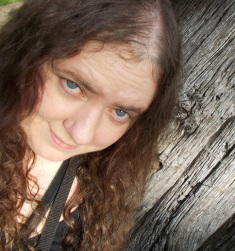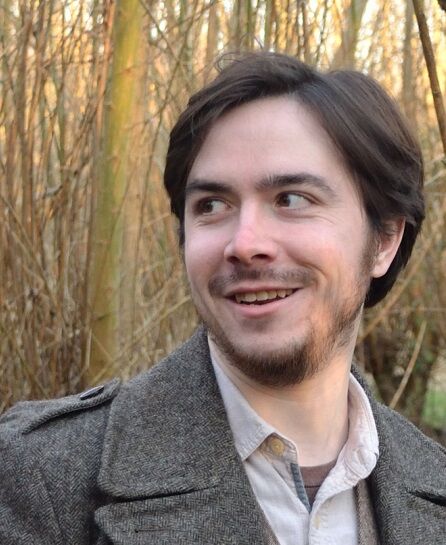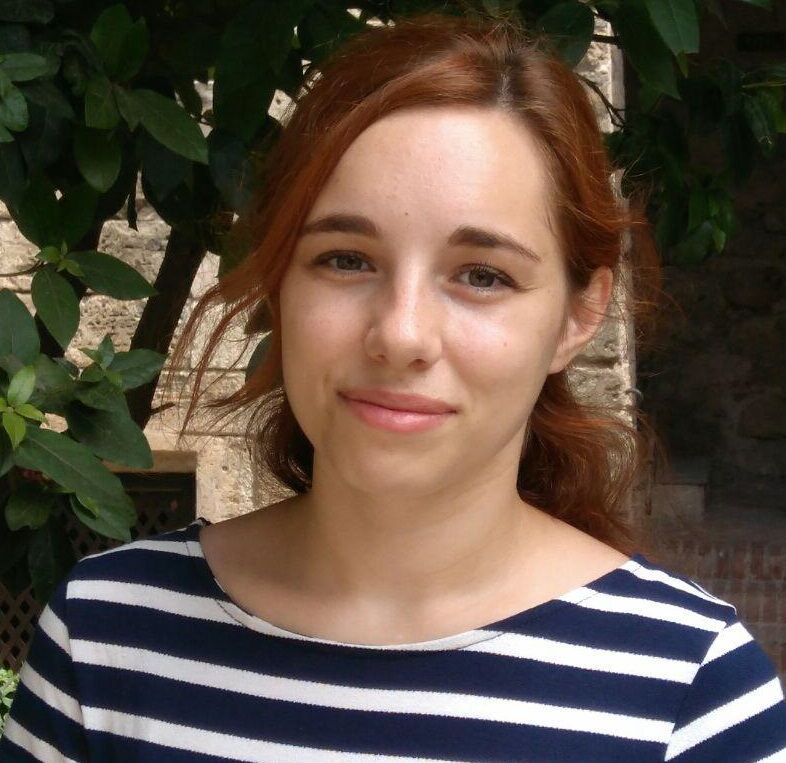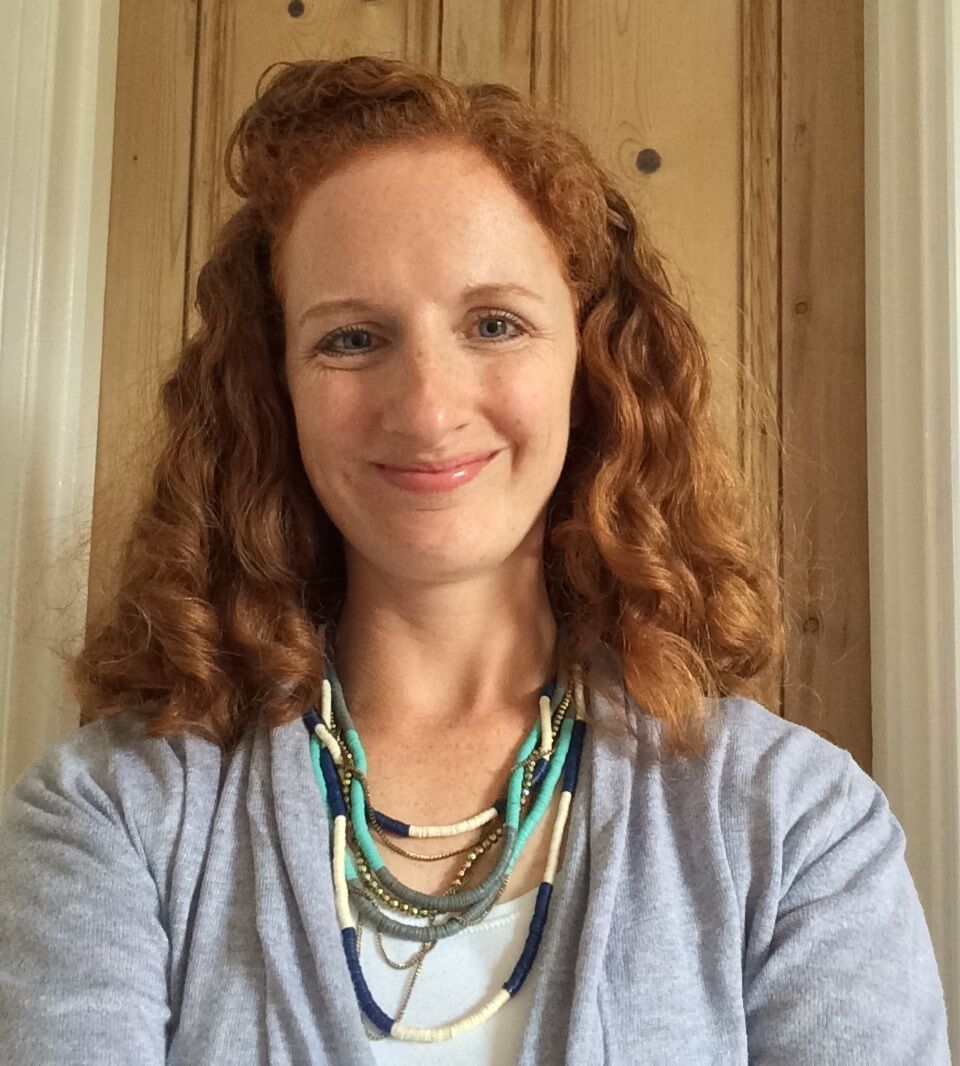Principal Investigator: Dr Philippa M. Steele

As Principal Invesitigator, Pippa Steele is working primarily on the writing systems of Middle-Late Bronze Age Crete and Greece for her project research. This involves studying the Cretan Hieroglyphic, Linear A and Linear B scripts, looking at the contexts in which they were used and aiming to reconstruct the ways in which they are related to each other. Another aspect of this research involves studying the adaptation of writing systems for a new language from a theoretical point of view, and to aid this research she is also working on the development of the Greek alphabet from Phoenician and the spread of alphabetic systems around the Mediterranean. Linear B and the Greek alphabet provide a particularly useful point of comparison because they are both scripts that were borrowed and adapted to write the same language, Greek.
Following a doctorate focusing on the non-Greek languages of ancient Cyprus, Pippa has held a Henry Lumley Junior Research Fellowship (Magdalene College) and a British Academy Postdoctoral Fellowship, both at Cambridge. Her books include A Linguistic History of Ancient Cyprus (CUP 2013) and Society and Writing in Ancient Cyprus (CUP – coming out later this year), the latter a publication of her Evans Pritchard Lectures series given at All Souls College, Oxford, in 2014. She has also edited conference volumes and written numerous articles and book chapters on languages and writing systems. Her other research interests include ancient multilingualism and language contact (a field of study that is very much relevant to the propagation of ancient writing because writing systems were often adapted in multilingual situations) as well as the development of the Greek language over time in the eastern Mediterranean. She is a Senior Research Fellow at Magdalene College.
Research Associate: Dr Philip Boyes

Philip Boyes is a Research Associate working on the context of writing at Ugarit, a Late Bronze Age city at the site of Ras Shamra in modern Syria. A new form of wedge-shaped cuneiform writing, the Ugaritic cuneiform alphabet, was used at this site, and represented an important innovation in adapting an earlier cuneiform syllabary to write the local Semitic language. An important aspect of this research involves thinking about how the innovation in writing relates to, and is embedded in, other forms of social change taking place at about the same time. An interdisciplinary approach is essential, and this research will draw heavily on archaeological and historical evidence as well as linguistic and epigraphic.
Philip has previously worked extensively on East Mediterranean and Levantine archaeology, with a doctoral thesis exploring the nature of social change in Phoenicia during the transition from the Late Bronze to Early Iron Age. Before that, he has worked on early Phoenician expansion into the Mediterranean and contacts between the Aegean and Anatolia during the Late Bronze Age. He has excavated at sites in Carthage, Turkey and extensively within the UK. One of his main research interests is social change – including change in writing and language, cultural contacts and how these relate to social identity. Since completing his PhD, Philip has also worked for Cambridge University Library as an Open Access Research Adviser, helping ensure that Cambridge research is available to anyone who wants to access it.
Philip has a personal blog, Ancient Worlds, here.
Research Associate: Dr Robert Crellin

Robert Crellin is a Research Associate working on the process by which the Ugaritic and Phoenician writing systems were developed, and what relationship they might bear to one another. Initially he will focus on the development of vowel writing (or lack thereof), comparing Phoenician and Ugaritic, which rarely write vowels, on the one hand, with Aramaic and Hebrew, on the other, which are more inclined to mark the presence of vowels. He will also be employing a typological approach, looking at more recent and contemporary examples of writing systems and the way in which these choose to mark vowels, or not, and the reasons for this. The question underlying his research is the nature of the relationship that exists between language structure and the identity (national, personal, etc.) as manifest through systems of writing.
In his research, Robert has previously worked primarily on the syntax and semantics of verb systems in various ancient languages. His PhD thesis examined the syntax and semantics of the perfect in Ancient Greek, while more recently he has looked at the semantics of the Latin perfect, the treatment of the Greek verb system in Gothic and Syriac Biblical texts, and the treatment of the Hebrew verb system in the Greek Bible. He has also investigated the treatment of Semitic personal names in Jewish Greek texts.
After his PhD, Robert taught New Testament Greek in Athens, Greece, and in the last two years has also been writing the preposition entries for the forthcoming Cambridge Greek Lexicon.
PhD student: Natalia Elvira Astoreca

Natalia Elvira Astoreca is a PhD student working on the early development of the Greek alphabet under Pippa’s supervision. This includes looking at the adaptation of the Greek alphabetic system from a Phoenician predecessor, as well as considering the relationship between Greek and other alphabets that first appear around the same time in the 9th-8thcenturies BC, including Etruscan and Phrygian. She is particularly interested in tackling the question of how varying forms of the Greek alphabet developed in different areas of the Greek-speaking world. For example, how did these local alphabets come to share the innovation of vowel signs but differ in other aspects of their repertoire? This problem requires a combined epigraphic, linguistic and contextual approach.
Natalia has previously researched syllabic writing on Cyprus during her undergraduate degree at the Universidad Autónoma de Madrid. During her MA at Leiden University she wrote a thesis on the use of the imperative in Athenian decrees as well as studying other aspects of Classical civilisation including papyrology and Greek epigraphy, the latter during a course taken in Athens
Project Assistant: Sarah Lewis

Sarah previously worked at Regent’s University London, where she was a Data and Research Officer, and is excited to be part of the CREWS Project Team as it has many links to her broader interest in languages, sociolinguistics and language development. Sarah gained an MA (Hons) in Applied Linguistics from the University of Sheffield in 2006, where she particularly focussed on language development and the social context of language use in L1 and L2 learners.
